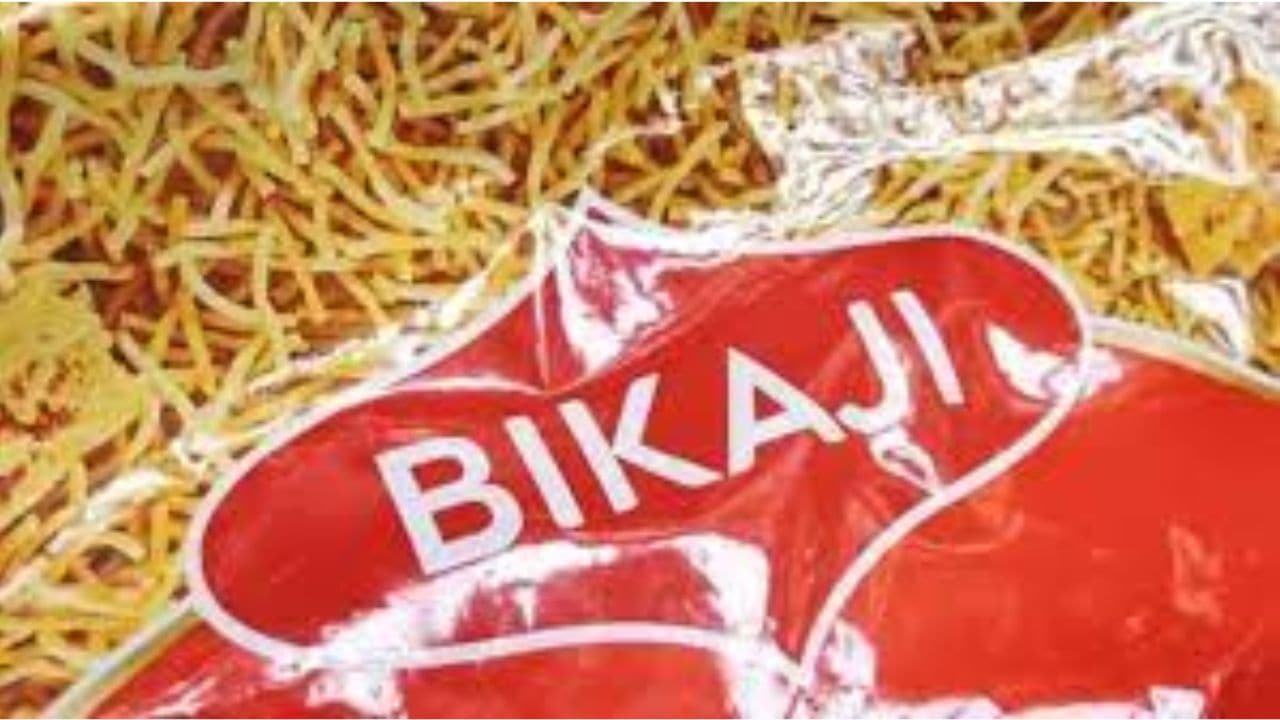By Pritha Pahari
Bikaji Foods International, renowned for its diverse range of ethnic Indian snacks, is experiencing a notable surge in demand for its western snacks category. This includes products such as pasta snacks, corn puffs, and French fries. While the company initially did not anticipate the western snacks segment to become a core category, Chief Operating Officer Manoj Verma has revealed that the segment has demonstrated growth rates comparable to the ethnic segment.
“We thought that there was no point in leaving that category vacant, but as things stand, Western snacks are also growing on par with ethnic snacks and even more,” said Verma.
In terms of volume, the segment notched up growth of 14-15 percent, while in terms of value, it was around 10 percent, he told Moneycontrol in a recent interview. “We are not competing with the leading brands right now, but we want to have a substantial share in the segment,” he added.
As per the report titled ‘Indian Cuisine at a Crossroad’ published by the Associated Chambers of Commerce and Industry of India (Assocham), the organised snack sector, which includes well-packed, labelled, and branded products, contributes approximately Rs 42,300 crore to the total snack market. Within the organised sector, western savoury snacks hold a substantial share, valued at Rs 24,200 crore, making up around 57 percent of the overall organised savoury snacks market.
The companies dominating the Western snack segment are PepsiCo (Lay’s and Kurkure) and ITC (Bingo).
Despite the early success, Verma said that there are no plans to expand the western snack category, where competition is intense. “The primary thrust of our expansion strategy lies in extending our reach and strengthening the company’s presence across regions,” said Verma.
Bikaji has been targeting India’s growing middle class. It has a significant presence in Rajasthan, Bihar, and Assam and is extending its focus to Karnataka, Haryana, and Uttar Pradesh.
In the latest quarterly results, Bikaji reported a 47 percent surge in quarterly profit driven by the increased distribution of its popular ethnic snacks and easing ingredient prices. The companies in the packaged foods segment, such as Britannia and Bikaji, witnessed a moderation in prices of raw materials, such as palm oil, which helped them report good numbers for the second quarter of the financial year 2023–24 (Q2 FY24).
The company reported revenue from operations of Rs 608.69 crore, reflecting a 5.5 percent increase compared to the same period last year. In Q2 FY23, the recorded revenue was Rs 576.97 crore. The company’s earnings before interest, taxes, depreciation, and amortisation (EBITDA) reached Rs 89 crore, marking a significant rise of 39 percent compared to the corresponding period previous year.
On December 5, the stock of Bikaji Foods closed at Rs 541.35 on the NSE, up 0.67 percent from the previous day’s close.
